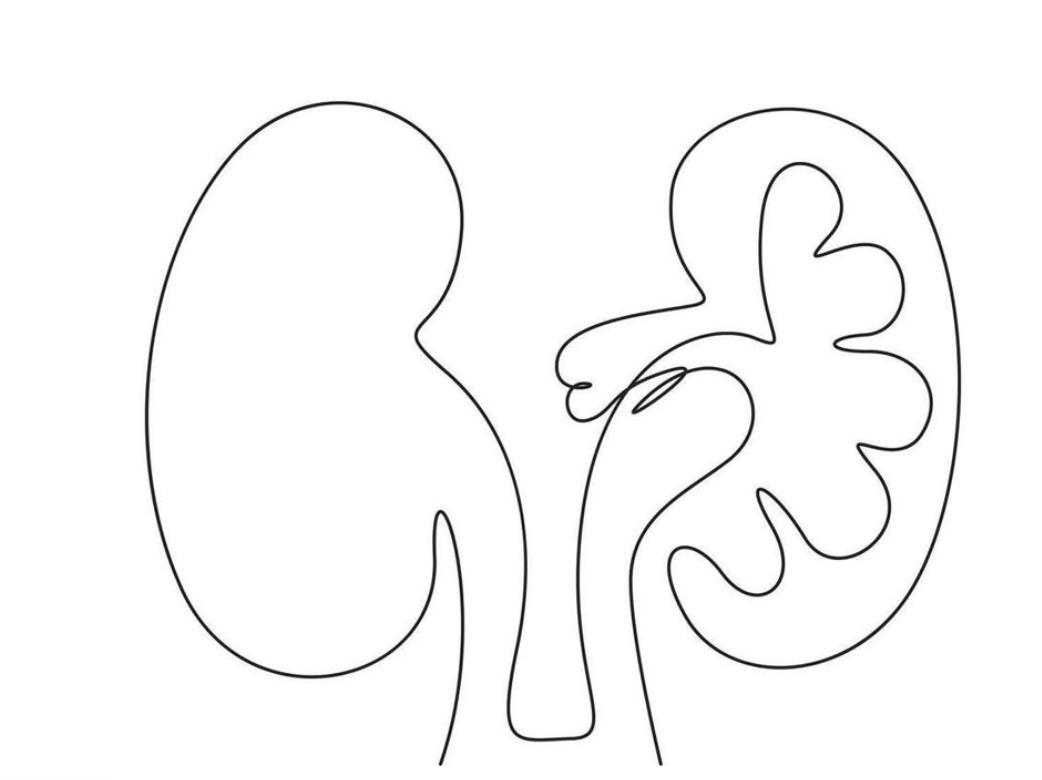Road to a kidney transplant
Friday 10th of January 2020,
I landed in Paris, France, from Buenos Aires, Argentina. But let’s rewind a little. At 20 years old, I was living my best life in Madrid, Spain. I had friends from all over the world — from Kazakhstan to Finland, Spain to Italy. I was studying Hospitality and Tourism at Vatel Madrid, a school that pushed us into real-life hospitality experiences and even led me to Barcelona, where I met incredible people like Joana, who became like an older sister to me while working at The Edition next to Plaça de Santa Caterina.
Life was exactly what you’d expect from an early-20s student in Spain: nights out, endless laughter, and the kind of “normal” freedom you take for granted at that age. But while I was doing my internship at the Barcelona Edition, something wasn’t right. I was constantly sick, drained, and had no energy. A friend recommended a doctor, so I went — on time, optimistic — and walked out with news that would change everything.
At just 20, this hospitality student was told she needed a kidney transplant. My first reaction? As if?! My family had always known this day would come, and deep down, I did too — just not this soon. But in my stubbornness, I brushed it off. I called my mom anyway, and her instincts kicked in immediately. She reached out to Paris’s best nephrologists (she had just moved there and bought an apartment), and within minutes, Professor Thervet from Georges Pompidou Hospital replied. He became my doctor — brilliant, respected, and sometimes maddeningly blunt — but truly one of the people I admire most.
He called me from Barcelona to Paris right away. His verdict matched my doctor’s: I needed a transplant urgently and had to start dialysis as soon as possible. Still, I clung to normalcy. I finished my internship in Barcelona, returned to Madrid, and tried to keep up with my studies. But my body was deteriorating fast. I missed classes, got sick constantly, and one day, what was supposed to be a simple blood test ended with me hospitalized for three days.
I was flying to Paris almost every two weeks, determined not to drop out. But the symptoms escalated. Eventually, I developed gout — painful, unbearable gout. Walking felt like torture. Still, Professor Thervet let me spend Christmas in Buenos Aires. That holiday is etched in my memory: my last one with the whole family — the Primos de Neuquén, La Tía Suzy y el Tío Víctor, and Los Hagges.
After Christmas, everything unraveled. On my last day in Argentina, I was hospitalized, and I knew then it was game over.
(Fast forward) I landed in Paris, France, after a 13-hour flight from Buenos Aires. The journey itself felt like torture — my body weakened, my joints screaming with gout, and a sickness that had shadowed me long before boarding. It almost felt like déjà vu, taking me back to when I was just four years old, diagnosed with Uremic Hemolytic Syndrome.
Luckily, the plane touched down earlier than expected. My mom and I made our way to our new apartment near the Opéra. Four flights of stairs, four heavy suitcases, one swollen ankle — every step was a battle. By the time I reached the top, I collapsed onto the bed, knowing this would be my new home for an unknown amount of time. Deep down, I was bracing myself for what was to come.
The very next day, around 3 p.m., my mom and I headed to Georges Pompidou Hospital to meet Professor Thervet. First stop: blood tests. Then, the consultation. As expected, the results weren’t good. My body was failing me faster than I could accept. That afternoon, the decision was made: a catheter would be placed in my chest, and I would begin dialysis.
This was the moment when “living my best life in Madrid” ended — and my fight for survival in Paris began.
This is me, signing off — Till next time!
Gee
